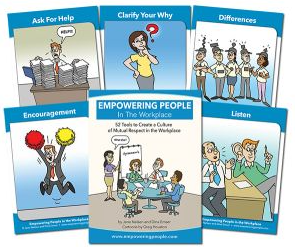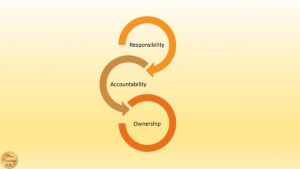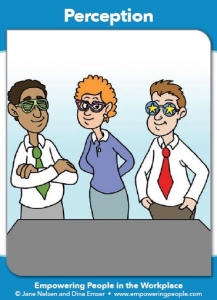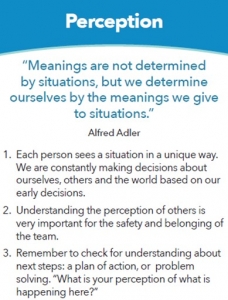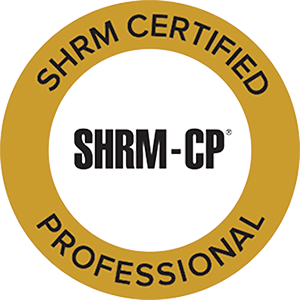Adult Temper Tantrums … How to Respond
One of the most difficult behaviors in children, for parents or care givers to deal with is temper tantrums. Not surprisingly, one of the most difficult behaviors for Leaders to deal with, is adult temper tantrums.
Temper tantrums in children and adults have these two things in common.
- They happen when a person does not get what they want
- They are a dramatic emotional display designed to get your attention
How should one respond?
The world of Positive Discipline offers useful tools. They work both for children, and adults.
- Be kind and firm. Set the expectation. Make sure that you are being as clear and direct as possible, and at the same time showing fairness and a calm demeanor.
- Control your tone of voice.
- Control your behavior.
- Don’t talk back. Don’t defend, don’t argue.
- Validate feelings. Your feelings matter. And so do theirs.
- If around this point, you or the other side is in a stress response (see more about the stress response below), take a Positive Time Out. Agree on a return time to finish the conversation. (Don’t let it linger more than 30 minutes if possible. A short 10 minute break is often all that’s needed to reset.)
- Learn Self-Regulation. Learn how to calm yourself down quickly. This takes practice. Get back to a centered place, so that you can respond not react. You may be verbally attacked when an adult is having a temper tantrum. Remember, this is their stress response on full display. It is not who they really are.
- Try again. Don’t give up on them.
- Move towards problem solving – If they are not ready to be a part of the solution, let them know what the Natural Consequences will be. Calmly and clearly.
- Validate their feelings. Again. Their feelings matter. And so do yours.
- End the conversation. Don’t let it drag on too long. Show appreciation for their willingness to continue the conversation. Show appreciation for hearing the constructive feedback. Let them know you’ll be here to support them, and that they can come to you as needed.
I know this is a lot. It would be great if we never had to deal with adult temper tantrums. But we do. And if we’re honest, we probably throw our share of adult temper tantrums too. And the more we can learn to control our own behavior, the more we can learn to show up better for the folks who look to us for guidance.
Lastly, a little about the Stress Response. Mel Robbins in her popular book, The LET THEM Theory does a great job of explaining this. It happens to all of us. Stress is a physiological state in your brain. She explains it like this.
When life is normal and you’re feeling good, your prefrontal cortex is the one driving most of your actions. This means that you can logically think through the pros and cons of situations and make well-thought-out decisions. In other words, you can choose how you are going to respond.
So, your first job as a Leader is really to stay out of the stress response part of your brain… back to Mel (along with her friend Dr. Aditi Nerurkar)…
Your stress response is located in another part of your brain called the amygdala. Dr. Aditi described the amygdala as a “small, almond shaped structure deep in your brain, located between your ears. It’s one of the oldest structures of the human brain and many refer to it as our ‘reptilian brain.’ And it houses your stress response.”
The stress response is not pretty. Not in toddlers, and not in adults. The more we can learn to control our own stress response, and stay calm and present while others are having theirs, the more we can guide towards a positive outcome.
I also really love this quote from Jane Nelson, Lynn Lott, and Stephen Glenn in their book Positive Discipline A-Z
Some kids (and some adults, too) like to bluster before they accept the inevitable. It’s their style and it doesn’t hurt anyone. Once the blustering (or tantrum) is done, often they will cheerfully do what needs to be done. Keep your sail out of their wind while they bluster, and it won’t rock your boat.
Onward Fearless Leader! You got this.
If you are looking for more help in this area, I’m a Certified Empowering People in the Workplace facilitator. Steps 1-12 are all contained in the tools I bring to my clients within this simple and powerful deck of cards! Contact me to learn more.
